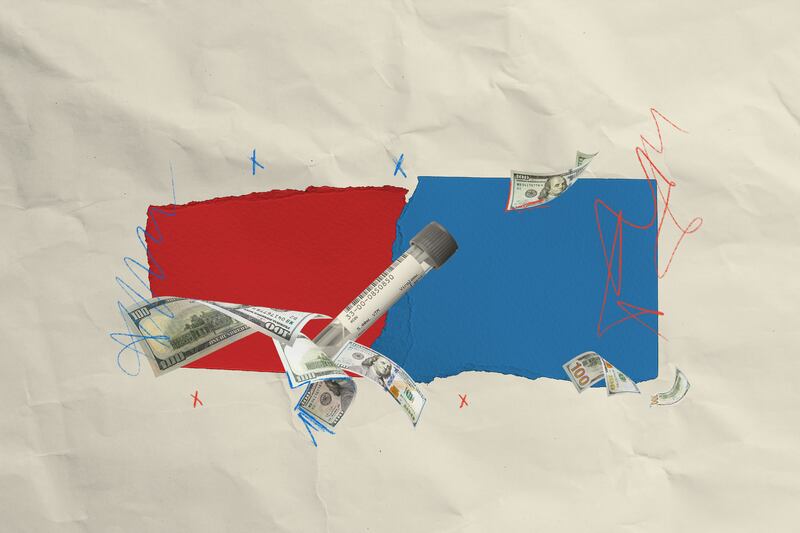Even more mysterious than a monolith in the desert of Utah is how Washington continues to spurn the pleadings of business owners and struggling families clamoring for more COVID-19 relief money. One would think each party would be eager to score a win for their constituents, but the oddities of 2020 keep stacking up, and bare-knuckled politics have for months stood in the way of meaningful discussions.
Now, some clear-headed leadership is converging on the issue, not from Senate Majority Leader Mitch McConnell or House Speaker Nancy Pelosi, but from their rank and file. The proposals of the bipartisan, bicameral group deserve a serious vetting and should move forward.
Nine senators, including Mitt Romney, and 50 House members reportedly have been talking for the past two weeks and developing a reasonable plan to fund enhanced unemployment benefits, restart the Paycheck Protection Program, finance loans to underserved communities and set aside money for distributing a vaccine. The price tag weighs in a little more than $900 billion — a hefty sum but far less than the Democrats’ Heroes Act, which would cost more than triple that amount.
The public details are sparse, but the group’s thinking appears to be right. Unemployment benefits and direct payments to communities are among the most effective levers Congress can pull in this crisis. Individual stimulus checks, however attractive to the political crowd, offer the least bang for their buck, according to the Kem C. Gardner Policy Institute at the University of Utah.
Initial pandemic funds have been running dry since the summer, and while unemployment is mercifully lower than its peak in April, the latest numbers indicate hundreds of thousands of families are struggling to get by. Businesses on the brink face a bleak future as the pandemic wears on, especially as case counts continue to skyrocket and many Americans feel unsafe participating in the economy.
The way out is to stop the bleeding and prepare to quickly distribute and administer an effective vaccine. That’s the rationale behind this group of lawmakers.
Still, their aspirations might not line up with reality unless leaders in both chambers are willing to compromise. Neither Pelosi nor McConnell has yet indicated how the group’s proposal will fare, and the leaders’ back and forth, along with key players from the White House, hasn’t borne fruit in the past five months.
Sen. Joe Manchin, a Democrat from West Virginia, claims a bill could be ready in the next two weeks, saying, “It’s inexcusable for us to leave town without an agreement.” He’s right, but lawmakers must also avoid a government shutdown by Dec. 11, which could zap any energy left to cut a deal before Christmas and the new year.
At the least, the proposal deserves deliberation before the holiday recess. Naturally, that would require leadership, which we’ve come to expect little of in the halls of the Capitol. But the American people need the help, and they need to have faith that their representatives truly have their interests at heart.

